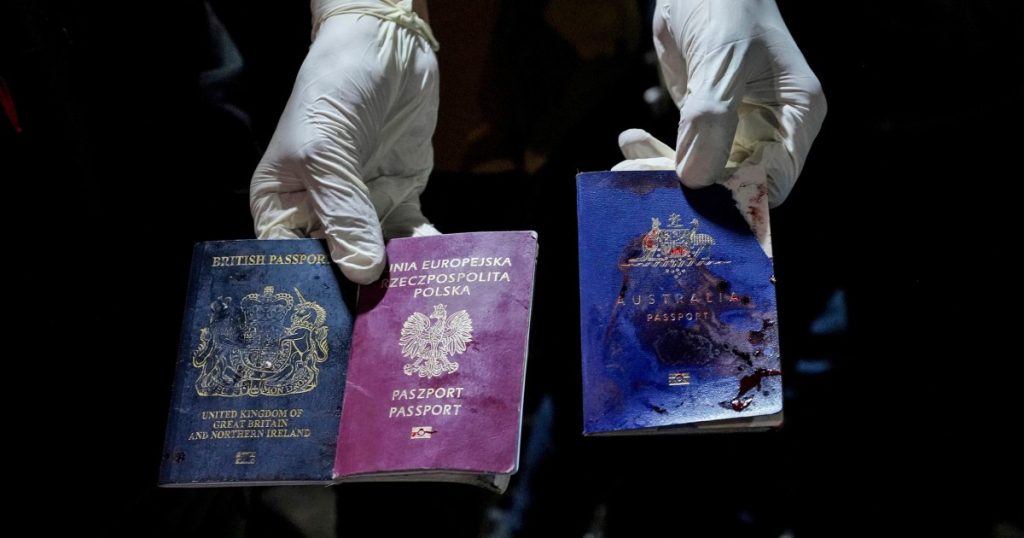The killing of seven aid workers from World Central Kitchen is seen as a turning point in support for Israel and efforts to provide relief to Palestinians on the brink of starvation. The United Nations reports that a total of 224 humanitarian aid workers have been killed since the start of the war, indicating systemic failings in the Israel Defense Forces’ (IDF) approach to protecting humanitarian workers in Gaza. The IDF investigation into the killing of the aid workers pointed to errors made by officers, including firing on a convoy without sufficient cause and continuing to strike multiple vehicles.
The international backlash following the killing of the aid workers has resulted in pressure on Israel to open new points of entry for humanitarian aid. However, previous fatal incidents involving Palestinian aid workers have not garnered as much outrage. Various organizations, including World Central Kitchen and the International Rescue Committee, have experienced attacks on aid workers and humanitarian infrastructure in the months leading up to the recent deadly strike. These attacks have disrupted aid deliveries to Gaza’s starving population.
Aid agencies rely on a process called deconfliction to prevent unintentional attacks on aid workers in war zones. Despite following deconfliction procedures and notifying the Israeli authorities of their movements, aid workers have been repeatedly attacked. The International Rescue Committee and Doctors Without Borders are among the organizations that have reported incidents where their positions were targeted, resulting in injuries and deaths of staff members.
A significant incident involving World Central Kitchen occurred on March 30th when an Israeli sniper fired at one of their vehicles, and on March 23rd, Israeli forces fired on Palestinian civilians gathered to receive aid, resulting in 19 deaths. World Central Kitchen had communicated its movements to COGAT, following standard deconfliction procedures, in both cases. Aid organizations like American Near East Refugee Aid have suspended operations in Gaza due to the risks faced by their staff, with one staff member being killed in an airstrike despite providing the coordinates of their shelter for protection.
Despite international pressure and calls for accountability, aid agencies continue to face attacks on their staff and infrastructure in Gaza. The pattern of attacks on humanitarian workers suggests either intentional targeting or reckless incompetence by the IDF. The failure of deconfliction measures and the lack of political cost for Israel in allowing attacks to happen have resulted in ongoing danger for aid workers in the region. Without systemic change and accountability, aid agencies warn that more military failures, apologies, and grieving families will follow.
In response to the IDF’s investigation into the killing of the WCK aid workers, the organization has criticized the military for deploying deadly force without regard to its own protocols and rules of engagement. The IDF’s acknowledgment that the aid convoy followed proper communication procedures but was still targeted raises concerns about the military’s actions. World Central Kitchen and other aid organizations are demanding systemic change to prevent further attacks on humanitarian workers in conflict zones like Gaza.


